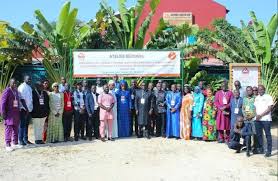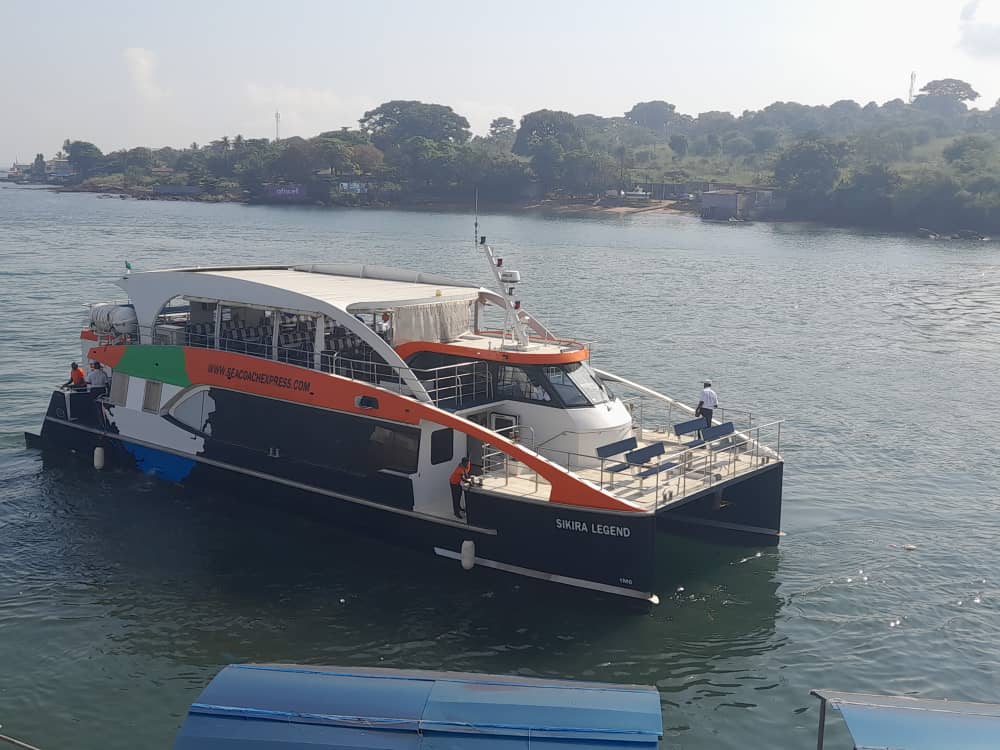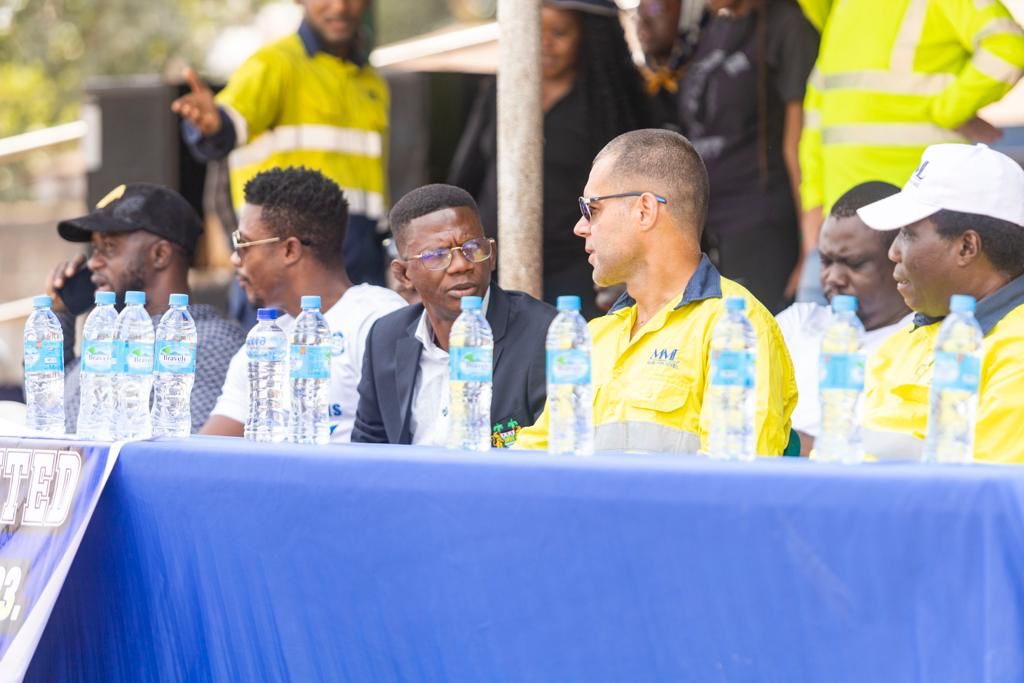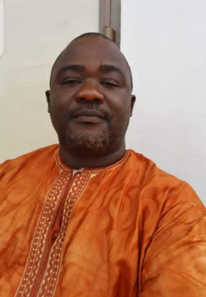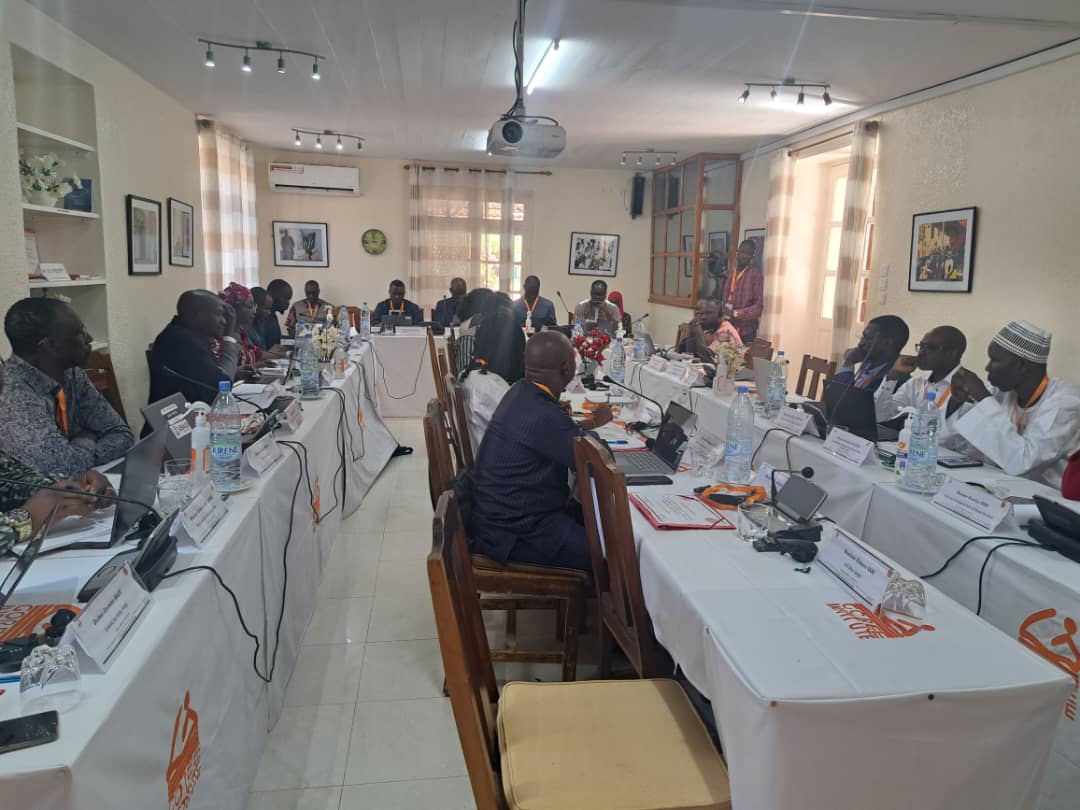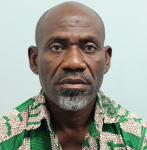Gorée Institute To Organize Capacity Building Workshop in Senegal
By Mohamed Konneh
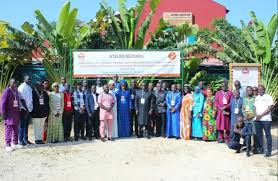
The Gorée Institute will organized a three-day capacity building workshop in Gorée Island, Dakar, Senegal starting on July 26 to 28 in Dakar on the island of Gorée on the theme: "Conflict prevention and management mechanisms related to mineral and hydrocarbon resources in West Africa", targeting CSOs and the media from Ghana, Nigeria and Sierra Leone.
The workshop is geared towards Transparent and accountable management of extractive sector revenues in West Africa: building collaborative partnerships to share experience, lessons learned and models of best practice.
The Gorée Institute is a pan-African civil society organization dedicated to promoting peaceful, just and self-sufficient societies in Africa, strengthening political dialogue for the peaceful resolution of conflicts, contributing to the consolidation of democratic processes and institutions, and encouraging artistic, social and economic creativity.
The Gorée Institute achieves its mission through research, capacity building, facilitation and intervention. It also works closely with African regional and sub-regional bodies, African civil society organizations and individual Africans.
As part of the project "Towards a West African citizen synergy for transparency and equity in the management and redistribution of resources from the extractive industries", the Gorée Institut commissioned two studies on policies, legislation and instruments for managing revenues from the exploitation of natural resources in six West African countries (Senegal - Guinea - Sierra Leone - Nigeria - Côte d'Ivoire - Ghana).
These studies have shown that the prevention and management of conflicts linked to mineral resources is a crucial issue in West Africa. This justifies the holding of this workshop, which is aimed at civil society organizations and the media in Ghana, Nigeria and Sierra Leone. The overall aim of this training program will be to build the capacity of civil society organizations and the media in the prevention and management of conflicts linked to natural resources in West Africa, in order to create agents of change capable of influencing political decision-makers in the governance of these resources. While the training will focus on issues related to the governance of natural resources, the case study aspect will focus on a better understanding of conflict drivers, risks and mechanisms for preventing and managing these conflicts.
In other words, the training will focus on the understanding and role of civil society organizations and the media in the governance of natural resources, as well as the different strategies they can use to influence political decision-makers.
The West African region is known for its wealth of natural resources, particularly minerals, oil and gas. Unfortunately, these riches have often been the source of violent conflicts between different actors, causing loss of life, population displacement, destruction of property and infrastructure, and major economic disruption in the region.
The negative consequences of these conflicts on populations, the environment and the economy are immense. In order to remedy this situation, it is imperative to put in place conflict prevention and management mechanisms to ensure peace, security and sustainable development in the region. It is against this backdrop that training on the prevention and management of natural resource conflicts in West Africa is being offered to civil society organizations and the media in Ghana, Nigeria and Sierra Leone.
The training aims to fill the gaps in understanding the factors and risks associated with natural resource conflicts.
By building the capacity of civil society and media players, this training will create agents of change capable of influencing political decision-makers in the governance of these resources, and contributing to the promotion of peace and security in the region.
In this way, it is hope that the training will be an important step towards creating a stable and prosperous environment for the people of the region.
It is also believed that the exploitation of mineral resources in West Africa has been the scene of tensions since the colonial period, largely due to the involvement of foreign companies in the extractive industry. Conflicts over mineral resources in the region stem from complex socio-economic, political and environmental factors, which can lead to tensions between local communities and companies, states and companies, or between different local communities.
However, the most predominant conflict concerns the strained relationship between local communities and the state or its branches.
Local communities, whose livelihoods depend mainly on agriculture, are often deprived of their ancestral lands to enable the exploitation of mineral resources.
This leads to loss of income, forced displacement and negative environmental impacts, including soil and water pollution.
Governments are regularly accused of favouring the interests of foreign companies at the expense of local communities. They may also be involved in land disputes by selling land to foreign companies without properly consulting local communities. In some cases, governments use force to suppress demonstrations and protests by local communities.
The results of studies commissioned by the Gorée Institut confirm that mineral resource management in West Africa is often marked by conflicts linked to issues of land rights, ownership, access and benefit sharing. Other factors, such as economic pressures and divergent stakeholder interests, also play an important role. However, civil society organizations and the media often lack the resources to meet these challenges, which is a major obstacle to promoting peaceful and sustainable societies in the region.
It is therefore crucial to better understand the issues and factors underlying these natural resource conflicts in West Africa, as well as the existing mechanisms for preventing and managing them effectively.
This deeper understanding will enable CSOs and the media to play a key role in promoting peace and stability in the region by raising awareness among local communities and ensuring balanced media coverage of natural resource issues.
The main objective of the capacity-building is to better equip CSOs and the media with in-depth knowledge of the underlying causes of natural resource-related conflicts in the region and the existing mechanisms for preventing and managing them.
The training also aims to empower CSOs and the media to better identify the different actors involved in natural resource-related conflicts and the roles they play, in order to facilitate dialogue and collaboration between stakeholders to achieve peaceful and sustainable solutions.
Finally, the training aims to build the capacity of CSOs and the media to conduct effective awareness-raising and advocacy campaigns to promote more sustainable natural resource policies and practices in the region.



